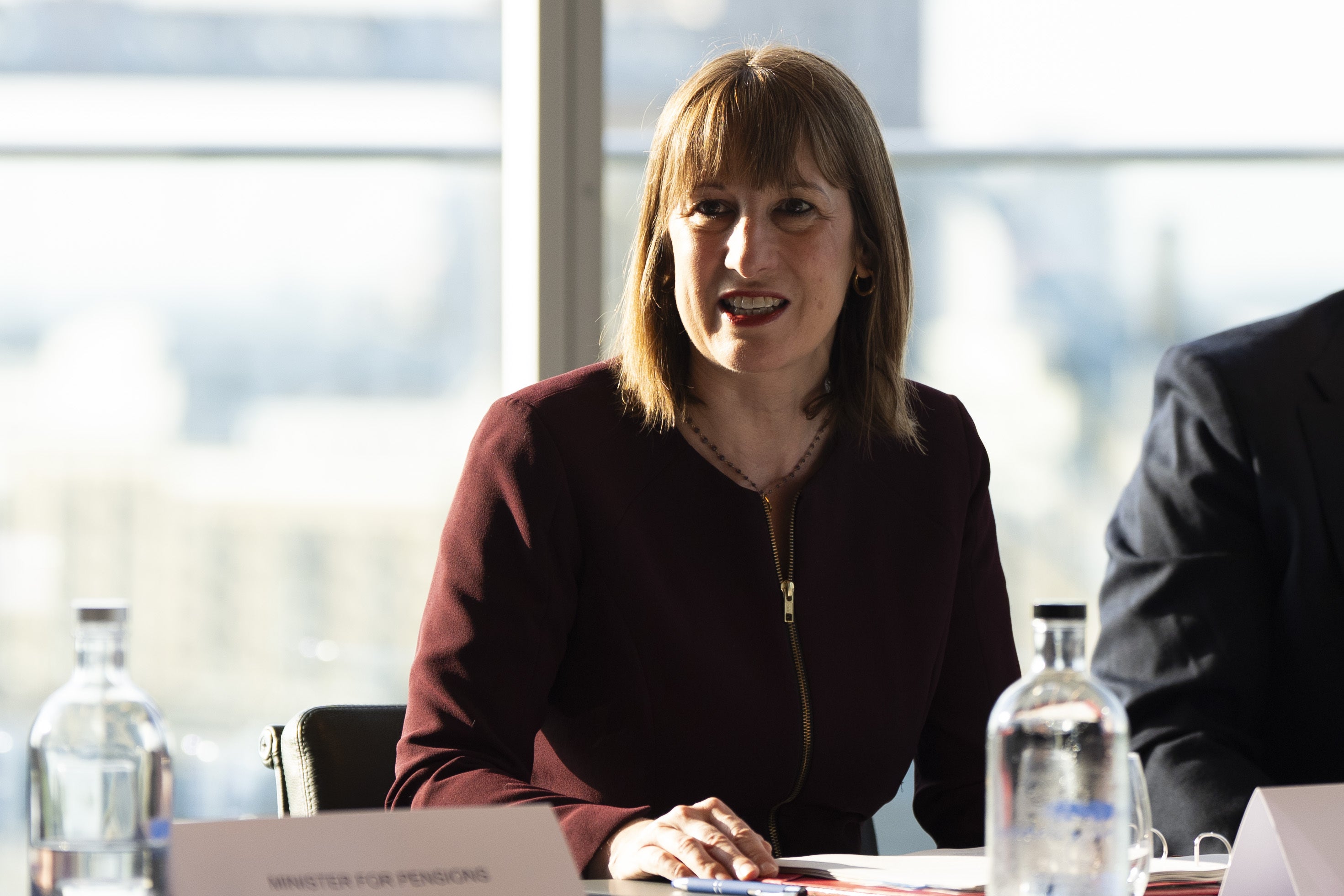Trade tensions from Donald Trump’s sweeping global tariffs will dampen the UK’s economic growth next year, the International Monetary Fund has warned, despite upgrading this year’s growth forecast for Britain.
The IMF said the UK is experiencing an "economic recovery," with GDP expected to rise by 1.2 per cent this year, a step up from the 1.1 per cent growth it predicted in April.
Meanwhile, it maintained its projection that the UK economy will expand by 1.4 per cent in 2026. But IMF economists said this will come despite global trade tensions wiping 0.3 percentage points off growth for the year.

It comes despite Britain striking a historic trade agreement with the US last month that will slash the bulk of Mr Trump’s tariffs.
The deal saw US tariffs on cars immediately cut from 27.5 to 10 per cent for up to 100,000 vehicles – almost the total number exported last year. Levies on steel and aluminium will be reduced to zero, however, a general 10 per cent tariff for other goods will remain.
On Tuesday, Downing Street reiterated that “trade wars are in nobody's interests”, adding: “The EU and the US are obviously two of our largest trading partners, which is why we're so focused on improving and strengthening our trading relationships with both the EU and the US.”
Rachel Reeves - who has made growing the economy a key priority for the government in order to help fund future spending plans - added: “The UK was the fastest growing economy in the G7 for the first three months of this year and today the IMF has upgraded our growth forecast.
“We’re getting results for working people through our plan for change – with three new trade deals protecting jobs, boosting investment and cutting prices, a pay rise for three million workers through the national living wage, and wages beating inflation by £1,000 over the past year.”
Trade tensions will weigh on growth through “persistent uncertainty, slower activity in UK trading partners, and the direct impact of remaining US tariffs on the UK”, the IMF said.
It also highlighted that there is a greater risk that growth could be weaker than expected, due to the potential that global trade uncertainty will impact supply chains and weaken private investment.
Alongside this, the IMF indicated that policy reforms by the government to overhaul planning rules and loosen regulatory hurdles could support future growth.
“The authorities’ structural reforms, including to planning, and the increase in infrastructure investment could increase potential growth if properly implemented,” its statement on the UK economy said.
Earlier this month, the Bank of England predicted that the UK economy would grow by 1 per cent in 2025 and 1.25 per cent next year, as it reduced interest rates to 4.25 per cent – their lowest level since May 2023.
The IMF said the central bank should “continue to ease monetary policy gradually”, indicating it expects further reductions in interest rates.
Retailers expect more job cuts amid plummeting sentiment following tax rises
Cancer survivor travels 10,000 miles to meet UK man who saved his life
UK trains doctors only for NHS to ‘treat them like crap’, health secretary admits
Farage declares Reform is ‘party of the workers’ as he vows to trash Starmer’s legacy
Farage: Depicting Rayner as cow ‘not very funny’
‘Misogynistic’ Reform activists depict female cabinet ministers as cows in abattoir







